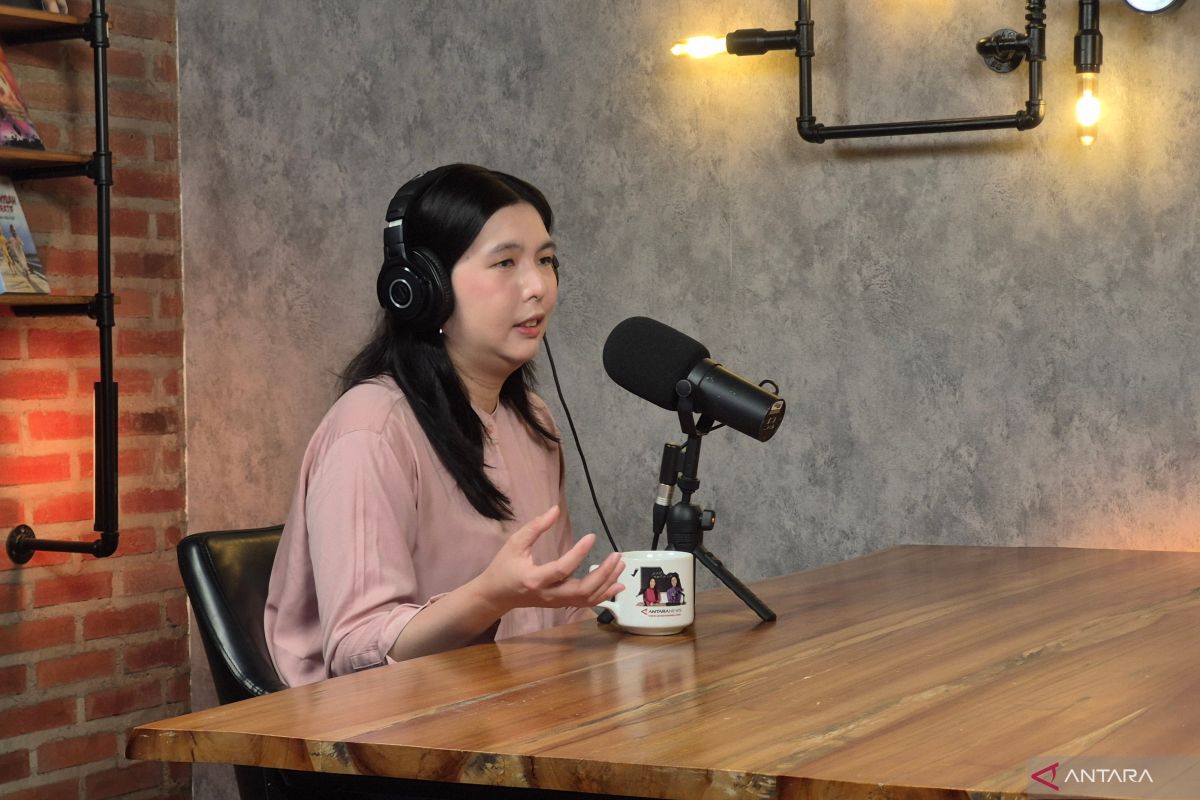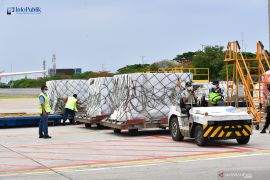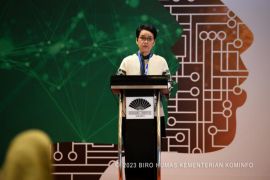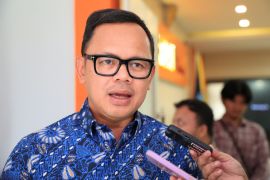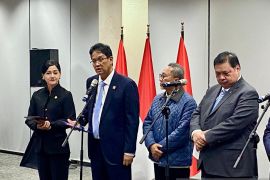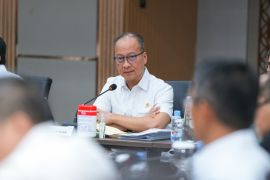In August 2025, President Prabowo Subianto awarded her the Bintang Jasa Utama, Indonesia’s highest civilian honor for exceptional service.Jakarta (ANTARA) - When news of the COVID-19 outbreak spread in early 2020, the world was swept into uncertainty. Airports emptied, roads fell silent, and people stayed indoors, anxiously waiting for hopeful developments.
Behind the scenes, scientists worked relentlessly to create something that did not exist before, a vaccine to fight COVID-19.
In a laboratory at the University of Oxford, the United Kingdom, a young Indonesian woman became part of that historic effort. Her name is Carina Citra Dewi Joe.
Carina Joe was not a known name before the pandemic, but her quiet work in the lab gave the world hope.
She helped develop the production method for the Oxford-AstraZeneca vaccine, one of the first vaccines to be widely used globally to fight against COVID-19.
Her role was crucial, especially in scaling up production so the vaccine could be manufactured in large volumes and distributed quickly worldwide.
From the "two tablespoons of cells in a small container" formula, Joe designed a method to expand production to thousands of liters, ready to meet global demand.
A Long Journey
The road to that moment was long. Carina Joe was born in Jakarta on April 21, 1989. From a young age, she was known for her intelligence and love for challenges.
At Christian high school SMA Kristen 1 Penabur Jakarta, she completed an accelerated program, finishing school in just two years. This launched her into international academia early.
In 2008, she pursued a biotechnology degree at the University of Hong Kong, where she was shaped by rigorous research training and international exposure.
She continued her studies at RMIT University in Australia, earning a master’s and then a doctorate in biotechnology, which she completed in 2019, just before the pandemic struck.
That same year, she joined the Jenner Institute, University of Oxford, one of the world’s leading vaccine research centers.
Soon after, COVID-19 spread globally, and all research hands were on deck. Joe, new to the team, jumped into the scientific frontline.
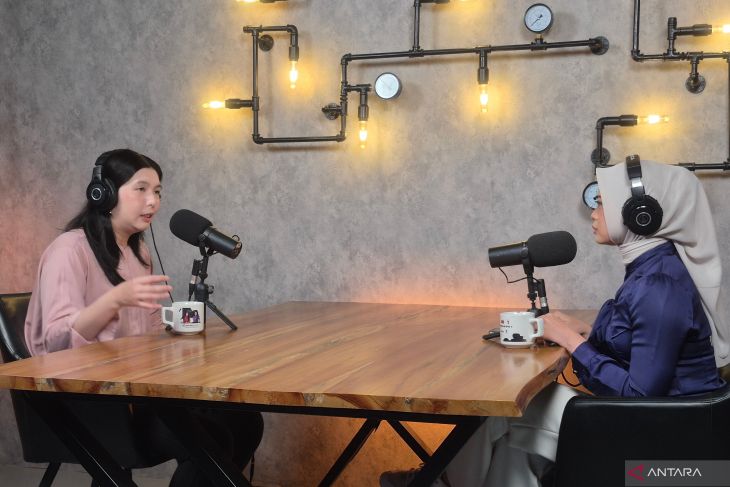
She described the lab’s high-pressure environment, working up to 18 hours a day, chasing a breakthrough.
Despite travel restrictions, disrupted collaboration, and constant infection risk, research could not stop. Joe often worked alone, testing formula after formula, adapting lab processes for industrial-scale production.
The pressure was enormous, such as global urgency, time constraints, and the moral burden of knowing lives depended on their success.
There were moments she almost gave up, but her sense of duty as a scientist and the awareness of lives at stake kept her going.
Her perseverance is now recorded in history. The Oxford-AstraZeneca vaccine has been mass-produced and used in over 170 countries.
Carina Joe's name is listed as a patent holder, affirming her contribution in a team that helped save the world.
Her efforts earned recognition worldwide. In 2021, she and her team received the Pride of Britain Awards in London. In 2023, she was honored with the Achmad Bakrie Award in Jakarta and was named an Honorary Professor by Airlangga University.
In August 2025, President Prabowo Subianto awarded her the Bintang Jasa Utama, Indonesia’s highest civilian honor for exceptional service.
Inspiring Young Generation
Despite her accolades, Joe said she is focused on building the next generation in science. For her, a career in science, technology, engineering, and mathematics (STEM) is no shortcut.
Success comes through a long, exhausting process filled with doubts and failures. To her, research is a marathon, not a sprint.
She believes science education should spark curiosity, not just memorization. She emphasized the role of teachers in making science feel relevant to everyday life.
“If children learn science through real-life experiences, they will fall in love with it more easily,” she said.
As a woman in a male-dominated field, she said she is concerned about the drop in women's participation in STEM, especially at higher levels or when balancing family life.
She stressed the need for supportive policies and workplace cultures to help women stay engaged in their fields.
She also highlighted the importance of collaboration and technology transfer. According to her, Indonesia has many talented individuals, but lacks the infrastructure, regulation, and opportunities to partner with global research institutions.
With a supportive ecosystem, she said, that huge potential can be realized.
Carina Joe's journey offers both an inspiration and a challenge to Indonesia’s younger generation. An example that shows the nation’s scientists can stand on equal footing with scientists worldwide.
A challenge that all of this can only be achieved through hard work, perseverance, and the belief that the knowledge gained is not just for oneself, but for the benefit of humanity as a whole.
Now, as the world moves past the pandemic, Carina Joe’s legacy remains a historic record. The legacy of an Indonesian female scientist who dared to dream big, endured pressure, and proved that an Indonesian scientist is capable of producing great works that save millions of lives.
Related news: Unand scientist in AD Scientific Index’s list of top 100 researchers
Related news: A scientist backs innovation of eucalyptus-based COVID-19 treatment
Editor: Arie Novarina
Copyright © ANTARA 2025
